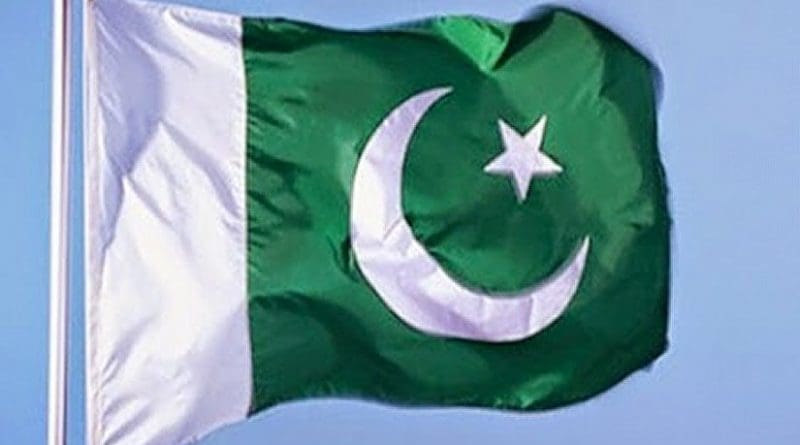Pakistan Needs More Reforms Not Politics – OpEd
By Saad Hafiz
Pakistan’s parliamentary democracy is in a mess. It’s not a pretty picture. Deliberation, discourse, and the engagement integral to a functioning democracy have been abandoned. Instead, head-on confrontation and strong-arm tactics pursued by the government and opposition alike are order of the day.
Hope for a much-needed political compromise has been strangled. It is an unhealthy sign for a struggling democracy and a fractured polity. Political oratory and self-serving propaganda has failed to build a national resolve for an average citizen.
Voters have a tough choice between the dynastic and corrupt old elites, and the incompetent and inexperienced new crew. And political leaders and parties must play second fiddle to an aggressive, superior judiciary and an entrenched military bureaucracy to survive in power. It makes a difficult situation worse.
It is unlikely that national and provincial elections can prevent the impending catastrophe. Rearranging deck chairs on the Titanic will not help in a polarised and adversarial environment.
The central focus right now is to manage the crisis of governance and legitimacy at the national and provincial levels that endanger the common good. In the present circumstances, it is necessary to maintain a semblance of domestic political stability and the status quo.
It is unlikely that national and provincial elections can prevent the impending catastrophe. Rearranging deck chairs on the Titanic will not help in a polarised and adversarial environment.
Leaders from both sides of the aisle should take a breather from hatching plots to topple governments in place. Squabbling legislatures and bickering leaders have done enough damage to the country. Incendiary and polarising politics, and raking up controversies do not serve the national interest. Dealing with double-digit inflation and rupee free-fall is vital now.
At present, securing the IMF programme and preventing sovereign default is critical. Ensuring macroeconomic stabilisation, exercising fiscal prudence, and practicing responsible governance can improve the frayed relationship with lenders and investors. Garnering international support for economic consolidation must override uncompromising politics and needless point scoring.
Consistent non-partisan economic policies must be followed. The country must find additional revenue streams, increase foreign reserves, reduce debt, discourage tax evasion, decrease indirect taxes, lower fiscal deficit, increase exports, and cut government expenditures.
Once the economy stabilises, the government should announce a date for free and fair elections. The country urgently needs political, economic, and social reforms. The wish list is long, challenging, and probably unachievable in the near term:
For instance, the parliamentary system requires structural changes to work. A functioning separation of powers and checks and balances between the legislative, executive, and judiciary is crucial. The country wants empowered legislatures and confident leaders, undeterred by external pressures. Unfortunately, the current power dynamics favour unelected branches of the government. Any changes will require the support of an informed and involved citizenry.
The country wants empowered legislatures and confident leaders, undeterred by external pressures. Unfortunately, the current power dynamics favour unelected branches of the government. Any changes will require the support of an informed and involved citizenry.
In addition, political forces must agree on a charter of economy that ensures that the country avoids frequent boom-and-bust cycles. Political consensus to reform the economy has remained a pipedream. Probably, the current economic crisis is the last opportunity to change course from low growth, high inflation, and a chronically ill economy burdened by a mountain of debt.
Finally, Pakistan must address abysmal human development statistics, particularly for women’s education and literacy. Yet, with over 50 percent of the budget going towards debt servicing and national defense, there is little fiscal space for investment in infrastructure, health, and education, crucial to social and economic progress.
Perhaps the time has come to replace the rent-seeking national security state to free up resources to build a sustainable, inclusive, modern country.
This article was also published at The Friday Times

